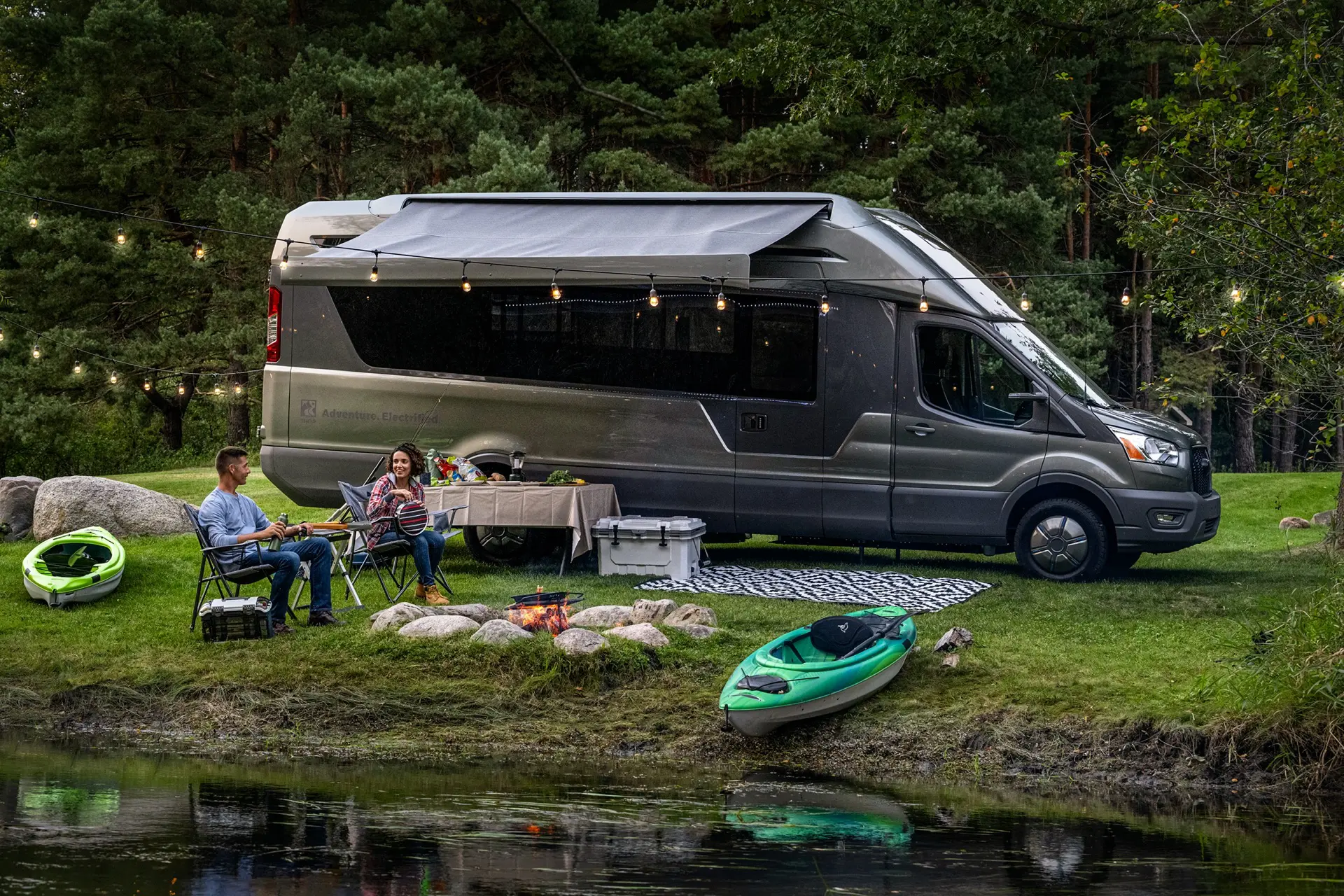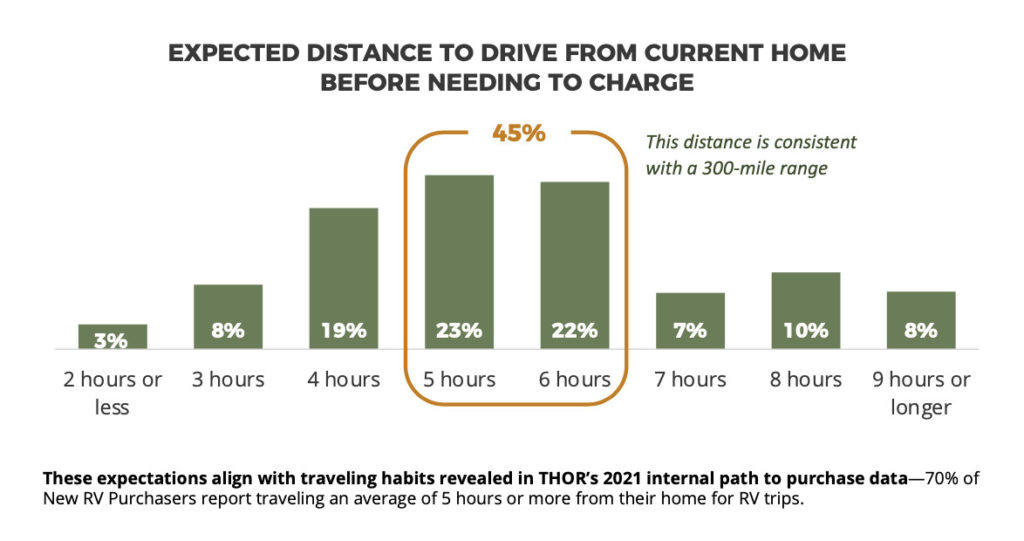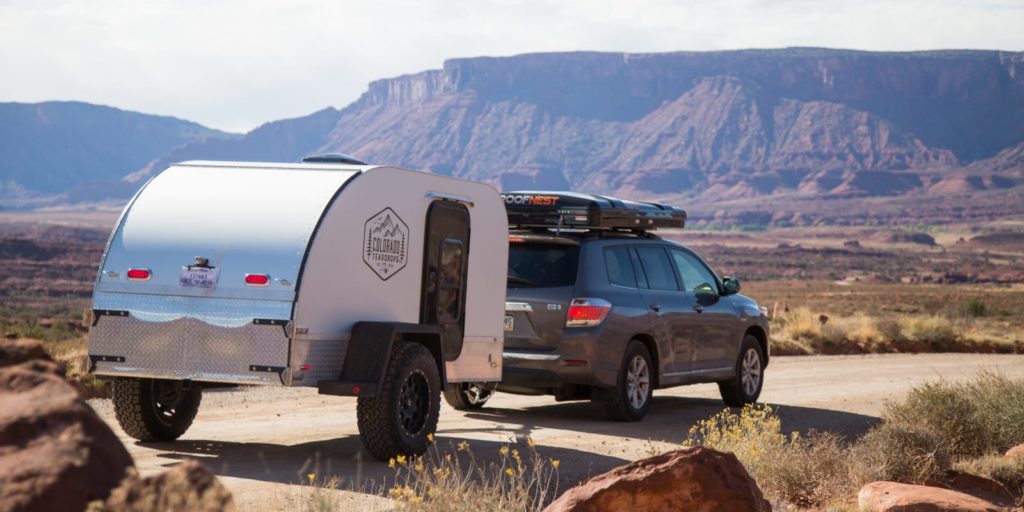Electric RVs will require significant DC rapid-charging in towns and rural areas that electric cars, pickup trucks, and SUVs will not.


Prospective buyers of this type of vehicle have great expectations. That may not be perfectly compatible with today’s modern rechargeable batteries and charging technology at the preferred price point.
Numerous concept vehicles released earlier this year demonstrated that the traditionally conservative RV market is really not perched this one out. Most of the other big players presented a perspective sketch of what’s in the works in very different forms between the Winnebago e-RV concept and the Thor Vision electric RV concept.
Ford Transit-based Winnebago e-RV has an 86-kWh battery pack and a 125 mile/200 km range enough to satisfy 54% of RV buyers. Thor Industries went in a totally different way. It also included a battery system, a hydrogen fuel cell, and a power generation roof, for a total range of 300 miles/480 km.
Thor recently revealed study results that supported its approach. It conducted its North American Motorized Electric RV study in December 2021. The survey included almost 700 people who had either owned an EV or had some level of RV experience within the previous ten years.

Thor’s North American Motorized Electric RV study
According to research, 97 percent of drivers plan to drive for 3 hours or more prior to actually charging. Roughly half (45%) of survey participants expected to further drive 5 or 6 hours from home before needing to charge. A figure Thor considers to be a perfect balance and approximately steady with a 300 miles/480 km charge.
Almost 1/5 thought that point was 8 or more hours on a charge, implying a range of more than 500 miles/800 km. Despite 300 miles/480 km may be a reasonable goal in a few years. But the greater figure is likely to be a practical impossibility due to constraints.
Along with the electric RV project, Thor unveiled the eStream travel trailer concept earlier this year. An electric camping trailer that would mainly help in providing its own propulsion. It has the capacity to carry 80 kWh of battery capacity. It also adds a rate of change and brake regen that has its own motor system.

Thor Airstream eStream electric camping trailer
Likewise, Colorado Teardrops intends to release a version of its camper trailer that includes extra battery packs but not the propulsion system. You charge both overnight, and at rest stops, it charges your towing EV instead.

Colorado Teardrops Boulder EV camping trailer
Both of these solutions help to address the issue of driving range. They also emphasize the importance of significant, high-power charging stations at campgrounds.